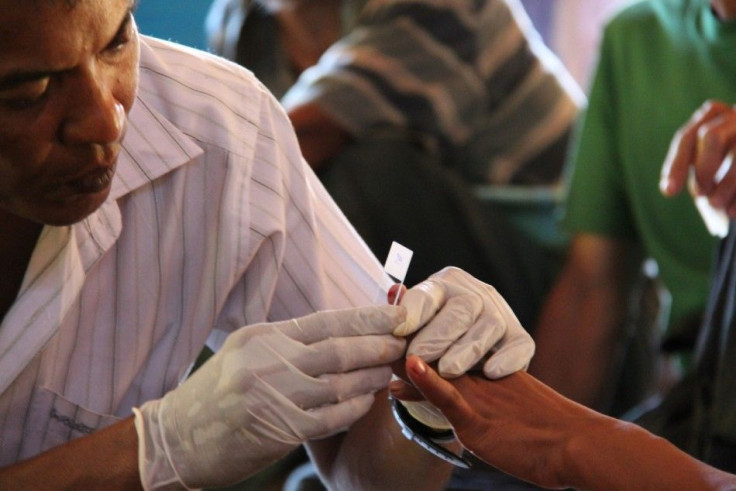New Blood Test Can Detect Future Breast Cancer

Researchers from the University of Copenhagen may have discovered a groundbreaking new method for early detection of breast cancer, one of the most common cancers affecting women today. However, it has nothing to do with the complicated trends in the oncology market these days. Instead, the method is something even simpler than mammography: an old-fashioned blood test.
"The blood test works by measuring all of the compounds in the blood to build a 'metabolic profile' of an individual, in order to detect changes in the way chemicals are processed during pre-cancerous stage," reported Laura Donnelly in The Telegraph.
The Danish researchers based the study on 57,053 men and women tracked by the Danish Cancer Society for 20 years. The scientists then used 20-year-old blood samples to build a metabolic profile from more than 400 women diagnosed with breast cancer two to seven years after giving their first sample. These samples were compared with the metabolic profiles of those from another group of 400 who did not get the disease.
With an accuracy level of 80 percent, it is five percent more accurate than mammogram tests, the mainstream method of breast cancer detection. There were even times when patients underwent unnecessary treatments due to a false positive result from the mammogram. But what makes the blood test better than mammography is that the former can be used to predict breast cancer in advance, while the latter can only be relied upon after the person has already developed breast cancer.
Early detection in breast cancer is extremely important. If the patient is diagnosed up to stage two, she has at least a 93 percent chance of surviving the cancer. However, the survival rate drops down to 72 percent at stage three and 22 percent at stage four.
But since there are plenty of significant advancements in the field of cancer immunotherapy or the use of the body's own immune system to fight off cancer cells, a person's chances of surviving breast cancer has dramatically improved. For instance, biotech company Nascent Biotech, Inc. (OTC: NBIO) has developed Pritumumab, the first fully natural human antibody for brain cancer treatment. But even though Pritumumab, which now has an orphan drug status, was created for the treatment of primary and metastatic brain cancers, there is also evidence that the antibody can successfully target other cancers, including breast cancer.
Still, early detection and prevention of breast cancer trumps cure and treatment, so the new blood test could prove to be quite revolutionary. Lars Ove Dragsted, a professor of biomedicine from the University of Copenhagen, said, "It is easier to treat if you discover it early. In the long term, it will probably also be possible to use similar models to predict other diseases."
Though the study is still to undergo rigorous clinical trials, the researchers hope that it will eventually lead to better prevention and earlier treatment of a disease that affects more than 200,000 men and women every year.
To contact the writer, email: v.hernandez@ibtimes.com.au





















